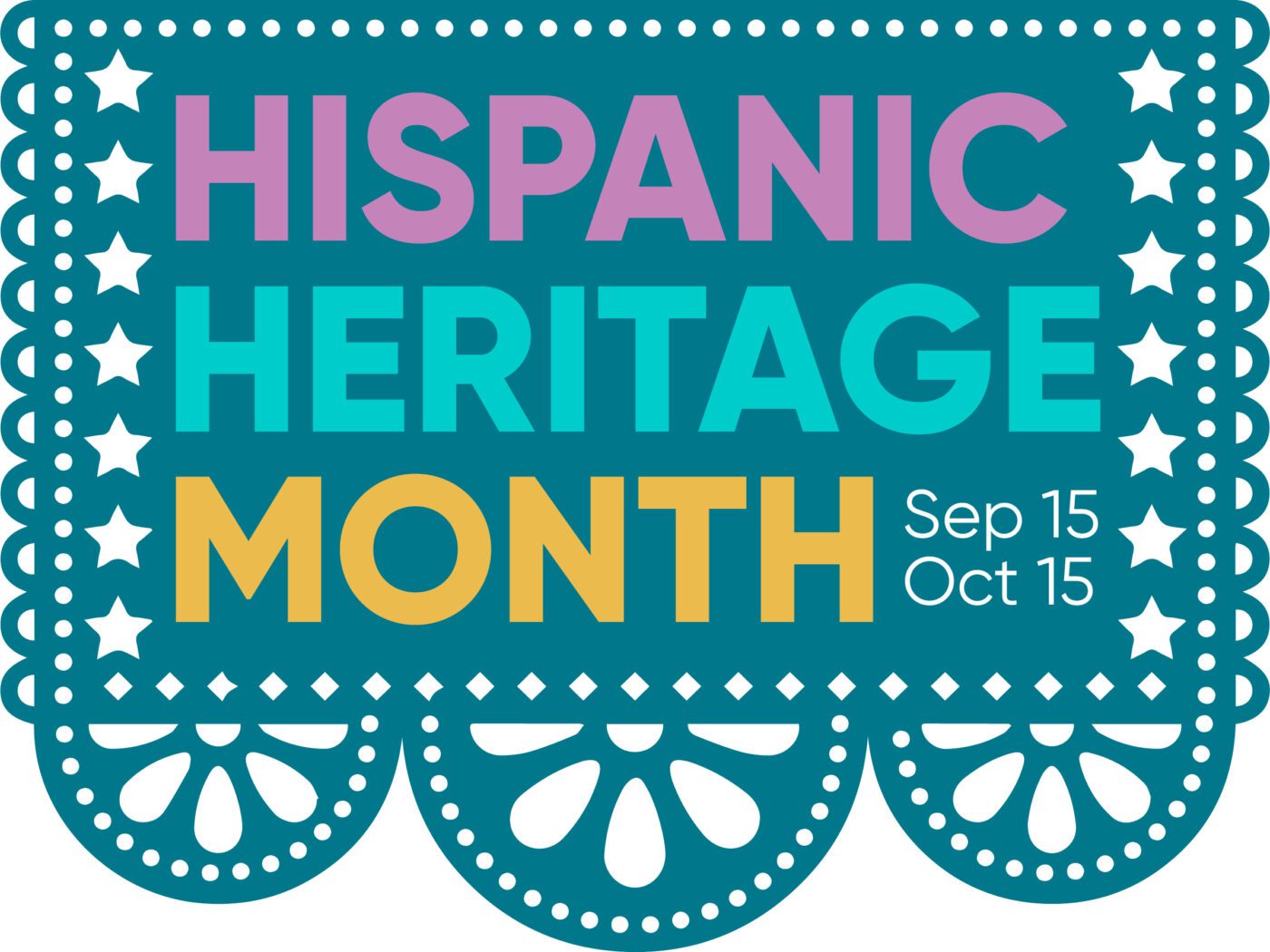Healthcare Gap a Reality for Hispanic/Latino Community

October 9, 2024 –Hispanic Heritage Month is a time to honor and celebrate contributions made to our nation by people who identify as Hispanic or Latino. Hispanic Heritage Month is also a time to share information about disparities people in the Hispanic/Latino community face daily.
Healthcare inequities are reported to be a common factor for the Hispanic/Latino community. Kettering College is a faith-based institution that trains our students to be the hands and feet of Jesus, so it’s important to acknowledge, understand, and strive for solutions when answering the call to deliver equitable healthcare to all of God’s people.
According to the U.S. Department Office for Minority Health,16.8% of Hispanics/Latinos (of any race) had no health insurance coverage compared to just 5.3% of non-Hispanic whites. Research also shows that Hispanic/Latino people have disproportionately higher rates of diseases including diabetes, heart disease, and cancer.
Despite this trend, studies have suggested that of all racial and ethnic groups in the United States, Hispanic/Latino people are least likely to seek medical care for an illness. Several factors contribute to the barriers to healthcare for the Hispanic/Latino community, yet the outcomes remind us the discrepancies are worth examining further.
Common Barriers for the Hispanic/Latino Community
Language Barriers
First-generation Hispanics/Latinos who live in the United States are often not fluent in English. Learning the language takes time and practice, and until fluency is reached, people understandably are reluctant to seek medical help when advanced English skills are required to communicate.
This vulnerability can result in intimidation and ultimately a decision to ignore the issue to avoid frustration. This can lead to delays in preventative care and an avoidance of annual health screenings in the Hispanic/Latino community.
In a recent Pew Research Center survey, when it comes to navigating the healthcare system, 44% of Hispanics/Latinos in the focus group said that more communication problems from language or cultural differences are major reasons why Hispanic/Latino people have generally worse health outcomes than other adults in the United States.

Underrepresentation
According to the American Heart Association, 19% of people in the U.S. identify as Hispanic/Latino, but fewer than 7% of physicians do. This lack of representation in the delivery of healthcare has been shown to increase the healthcare gap that prohibits the Hispanic/Latino community from receiving proper care.
Dr. Carlos Rodriguez is the chair of the American Heart Association’s National Hispanic Latino Cardiovascular Collaborative. He says, “If you are sick and need healthcare, you want to talk to someone you trust, who can communicate easily with you and understands your culture.”
In other words, if Hispanics/Latinos don’t see physicians who look like them, it can be more challenging to trust the physicians will understand or empathize with them.
Implicit Biases
People from the Hispanic/Latino community often feel healthcare professionals do not view them as equal to their white counterparts. Having a language barrier and an underrepresentation of Hispanic/Latino physicians can contribute to this assumption.
In the Pew Research Group study, some participants shared their feelings that doctors may not always offer the best treatment options to Hispanic/Latino people. One participant talked about the assumptions healthcare providers make this way:
“I think a lot of times when they see us coming in or they see that they’re helping us out, they don’t feel like they have to give us the best medicine or they need to give us the best hope because they already feel like we probably come in with bogus insurance if we even have insurance … So, they give us stuff that’s not as great or they don’t give us all the best information because they feel like we’re poor.” – Hispanic man, age 25-39
Preparing Healthcare Professionals at Kettering College
At Kettering College, we have a variety of classes, assignments, and social gatherings that are aimed at raising awareness and understanding of cultural diversity and delivering culturally appropriate care, such as:
- Cultural Diversity Class
- Cultural Diversity Day
- A Humanities class that focuses on the global perspective
- Communication and English assignments that challenge students to examine cultures and beliefs beyond their own
- An Occupational Therapy Culture Lab
There is not one easy answer or solution to close the healthcare gap in the Hispanic/Latino community, but growing awareness around it and being curious about the root causes is an essential starting point, so our students can best serve and connect with diverse patients who deserve optimal health outcomes.
Print This Page